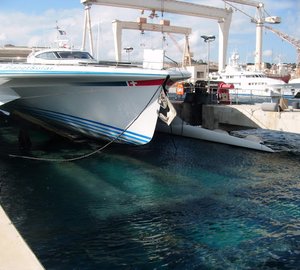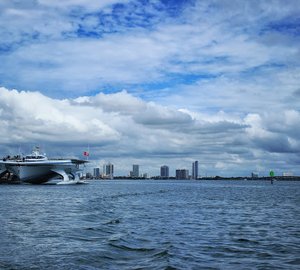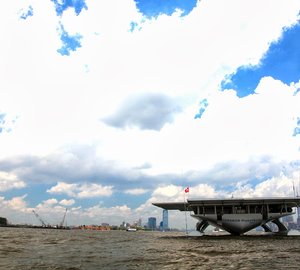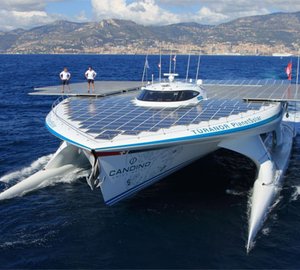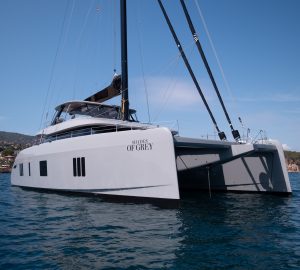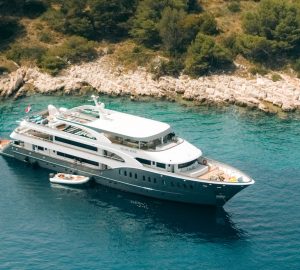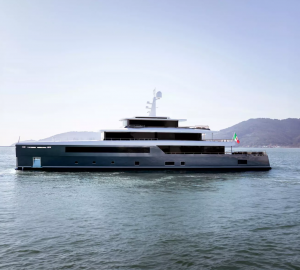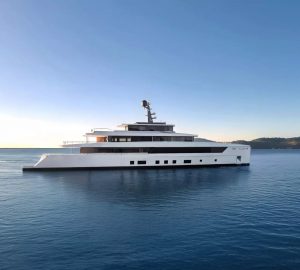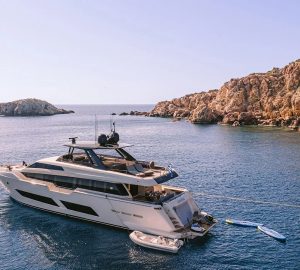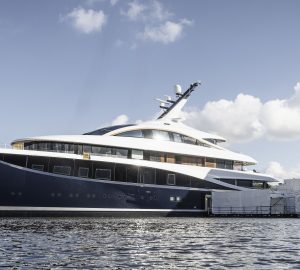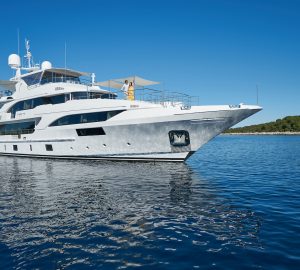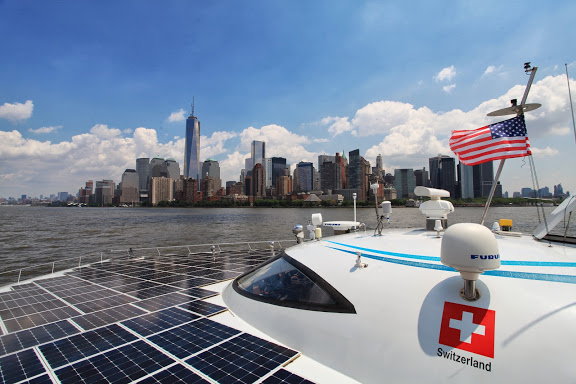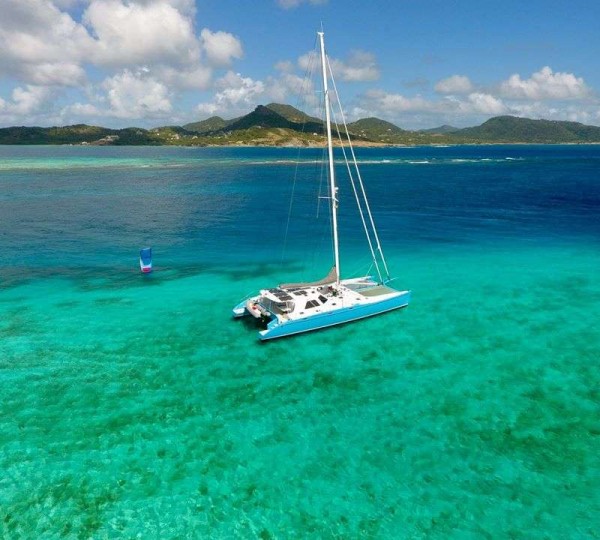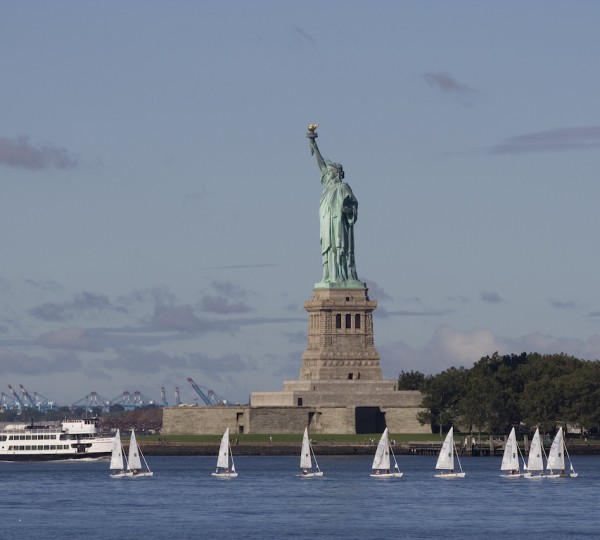After Miami as well as New York, the MS Tûranor PlanetSolar arrived in Boston on June 22, with scientists from the University of Geneva (UNIGE) onboard. The researchers are sailing on the largest solar boat ever built in order to successfully perform the ‘PlanetSolar DeepWater’ expedition, which main goal is to analyze the Gulf Stream, one of the most important regulators of European as well as North American climates.
To mark the third leg of the American tour, the PlanetSolar and UNIGE teams will strengthen their interaction with important institutions such as the Boston Children’s Museum, the Boston Museum of Science, the Greentown Labs, the MIT Energy Club and the Woods Hole Oceanographic Institute, and will offer a series of events to raise public awareness about climate issues. Stopover from 22 to 27 June 2013.
The capital of Massachusetts is recognized in particular for its research programs in the fields of technology and oceanography, and many institutions are heavily involved in sustainable development. PlanetSolar and UNIGE have the opportunity to communicate the stakes of the ‘DeepWater’ expedition by organizing a series of events with support from Swissnex Boston. For example, children will be able to participate in the construction of a model solar boat at a workshop at the Boston Children’s Museum; public conferences will be held with researchers from UNIGE, the MIT Energy Club, and the Woods Hole Oceanographic Institute; a temporary exhibition will be displayed at the Boston Science Museum, etc.
‘This project fits perfectly with our University’s missions: education, research, and service to the community. Geneva is the birthplace of global governance, therefore her involvement in such an adventure was inherent. In fact, at the heart of the city of Calvin, international organizations and key decision makers are addressing the challenges of climate change’, says Jean-Dominique Vassalli, rector of UNIGE.
The ‘PlanetSolar DeepWater’ scientific expedition will continue along the east coast
Launched in Florida at the beginning of the month, the ‘PlanetSolar DeepWater’ exhibition seeks to collect a continuous series of physical and biological measures along the Gulf Stream, both in the water and in the air, using advanced instruments with the expertise of UNIGE scientists. Headed by Professor Martin Beniston, climatologist and director of the Institute of Environmental Sciences at UNIGE, the research team is studying the key parameters of climate regulation, namely aerosols and phytoplankton, in order to improve our understanding of complex interactions between the ocean and atmosphere, as well as the role these interactions play in climate change.
After the Boston stopover, the boat will continue its route along the Gulf Stream until reaching St-John’s, Canada. Then, the catamaran will set out to conquer the northernmost part of the Atlantic.

